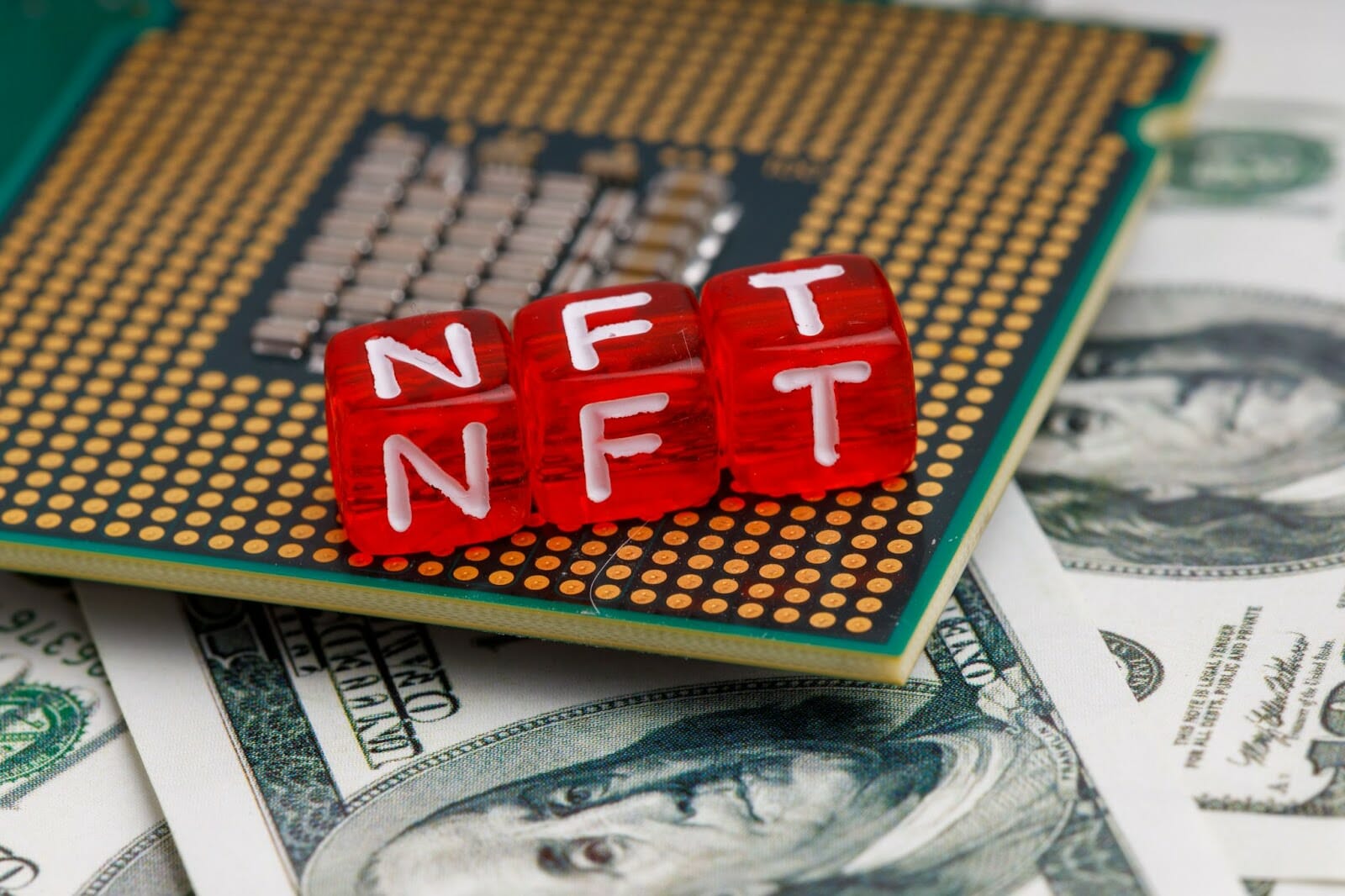The booming market for non-fungible tokens (NFTs) has caught the attention of regulators around the world.
NFTs are digital assets that are unique and cannot be replaced by another identical asset. They have been used to represent everything from digital art and collectibles to in-game items and real estate.
who regulates cryptocurrency
The cryptocurrency industry is growing at a rapid pace, with new coins and exchanges being created all the time. With this growth comes increased regulatory scrutiny from governments around the world. Here’s a look at who regulates cryptocurrency and how they are doing it.
In the United States, the Securities and Exchange Commission (SEC) has been the most active regulator of the cryptocurrency industry. The SEC has brought a number of enforcement actions against companies and individuals involved in ICOs, alleging that they violated securities laws. The SEC has also been scrutinizing cryptocurrency exchanges, and has taken action against a few of them for allegedly violating anti-money laundering laws.
In Europe, the European Securities and Markets Authority (ESMA) has been closely monitoring the cryptocurrency industry and has issued a number of warnings to investors about the risks involved. ESMA has also been working on creating a regulatory framework for cryptocurrencies, but has not yet released any concrete proposals.
In Asia, a number of countries have taken different approaches to regulating cryptocurrency. China has banned ICOs and restricted trading on cryptocurrency exchanges, while Japan has taken a more hands-off approach. South Korea has also banned ICOs, but is still allowing trading on exchanges.
Overall, it’s still early days for the regulation of cryptocurrency. Governments are still trying to figure out how to best deal with this new industry, and it will likely take some time before we see any definitive regulations in place. In the meantime, investors should be aware of the risks involved and should tread carefully when considering investing in cryptocurrencies.
What are NFTs and why are they difficult to regulate?
NFTs are a type of cryptocurrency that are difficult to regulate due to their unique nature. NFTs are digital assets that are non-fungible, meaning they cannot be replaced by another identical asset. This makes them different from traditional cryptocurrencies like Bitcoin, which can be easily exchanged for other bitcoins.
The booming market for NFTs has caught the attention of regulators around the world, who are struggling to figure out how to best deal with this new industry. In the United States, the Securities and Exchange Commission (SEC) has been the most active regulator of the cryptocurrency industry. The SEC has brought a number of enforcement actions against companies and individuals involved in ICOs, alleging that they violated securities laws. The SEC has also been scrutinizing cryptocurrency exchanges, and has taken action against a few of them for allegedly violating anti-money laundering laws.
In Europe, the European Securities and Markets Authority (ESMA) has been closely monitoring the cryptocurrency industry and has issued a number of warnings to investors about the risks involved. ESMA has also been working on creating a regulatory framework for cryptocurrencies, but has not yet released any concrete proposals.
How have governments attempted to regulate them?
Governments have taken different approaches to regulating NFTs. China has banned ICOs and restricted trading on cryptocurrency exchanges, while Japan has taken a more hands-off approach. South Korea has also banned ICOs, but is still allowing trading on exchanges.
Overall, it’s still early days for the regulation of NFTs. Governments are still trying to figure out how to best deal with this new industry, and it will likely take some time before we see any definitive regulations in place. In the meantime, investors should be aware of the risks involved and should tread carefully when considering investing in NFTs.


More Stories
JForex Platform: Complete Setup and Trading Guide
Cryptocurrency in Modern Betting
Most Popular Crypto Casinos Featuring Competitive Bonus Offers in 2026